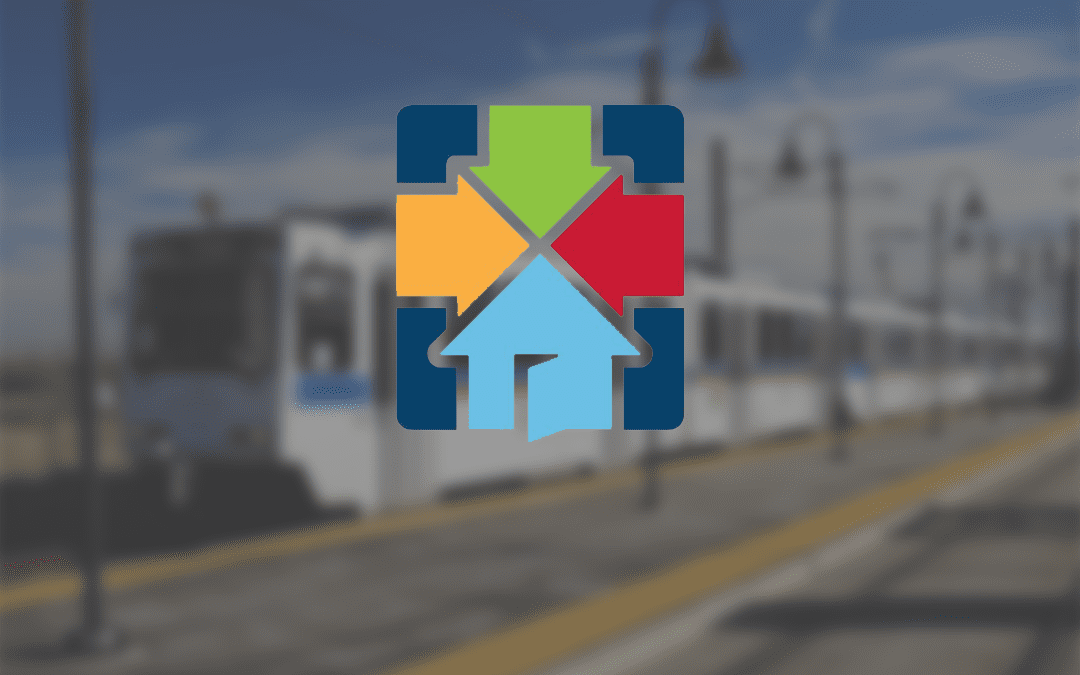CCLP's Emeritus Advisor, Chaer Robert, provided written testimony in support of the CDHS rule on the COLA increase for TANF recipients. If the rule is adopted, the cost of living increase would go into effect on July 1, 2024.
Recent articles
CCLP testifies in support of updating protections for mobile home park residents
Charles Brennan provided testimony in support of House Bill 24-1294, Mobile Homes in Mobile Home Parks. CCLP is in support of HB24-1294.
CCLP’s legislative watch for April 5, 2024
For the 2024 legislative session, CCLP is keeping its eye on bills focused on expanding access to justice, removing administrative burden, preserving affordable communities, advocating for progressive tax and wage policies, and reducing health care costs.
CCLP testifies in support of Child Care Tax Credit changes
Chaer Robert provided testimony in support of House Bill 24-1134, Adjustments to Tax Expenditures to Reduce Burden. CCLP is in support of HB24-1134.
MHC Closes Its Doors

Nonprofit organizations exist not only to be mission-driven but to be mission-accomplished. After an impactful 10-year journey, Mile High Connects has reached that pivotal point where we’ve accomplished the goals we were launched to achieve. While the work of systems change and equitable coalition-building is certainly not over, Mile High Connects—in its current iteration— has expended all it possessed to strengthen the region, and now it’s time to close our doors to make way for a new coalition of partners to emerge.
Our Origins & Evolution Over the Years
Mile High Connects was launched in 2011 in response to the region’s rapid impending growth, most notably the reinvestment in our public transportation system, RTD’s FasTracks, and the expensive redevelopment that our founders knew would come as a result. Simultaneously, our nation was reeling from the lingering effects of the greatest housing and economic crisis since the Great Depression.
Our founding partners knew that addressing the monumental issues of affordable housing and mobility required a coordinated approach- rooted in collaboration and equity- among diverse stakeholders. A collaborative, then known as Mile High Transit-Oriented Collaborative (MHTOC), was formed with one goal in mind — opportunity for all through transit.
In the years since, Mile High Connects and its partners have made capital more accessible to community developers through the Denver Metro Transit-Oriented Development Fund (TOD Fund), successfully advocated for affordable transit, and promoted equitable policies and practices at the local and state levels.
All of these accomplishments have been juxtaposed to an evolving region where there are compounding economic, health, and climate crises.
Like our region, our Collaborative has evolved—from one centered on equitable mobility solutions to one focused on equitable development and community & cultural preservation. As we have grown, we have worked to build the biggest table possible, sharing our knowledge, connections, and financial resources, while constantly asking ourselves, “who is missing from the table” and “are we best suited to meet the goals at hand”? Over the past year, the Mile High Connects steering committee and staff reflected deeply on these questions and concluded it is time to make way for an emerging coalition of partners with dedicated expertise in advocacy, development, and awareness building to assist communities in realizing equitable developmental community and cultural preservation.
Looking Back While Looking Forward
Mile High Connects would not be here today without the dedication and support of countless partner organizations, community and national foundations, individual leaders, and community organizers. We invite all of you to join us on this transitional journey as we celebrate over ten years of collaborative success in our region and set the table for a new coalition to be born.
We will update you along the way as the new coalition takes shape to shepherd the work in our evolving region. To start, you will hear from the coalition members as they share their commitment to the work moving forward and what it means for their respective organizations. Along the way, we’ll share updates as the coalition formalizes its approach and vision for metro Denver’s future.
With over ten years of relationship building and collaboration, there are literally hundreds of voices and stories related to the work we’ve done together. We are committed to hearing from those who have inspired us and shared lessons along the way as we sought to build a more equitable Denver metro region. These narratives will be compiled into a final dispatch to you, our community, in the hopes that the spirit of Mile High Connects can continue through each of you. We hope to celebrate and reflect on this collective impact together this summer and will provide details about that opportunity.
We are excited about the possibilities that lie ahead. Onward!
Sincerely,
Deyanira Zavala
Executive Director
dzavala@milehighconnects.org
Donna Garnett
Steering Committee Chairperson





